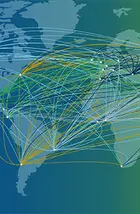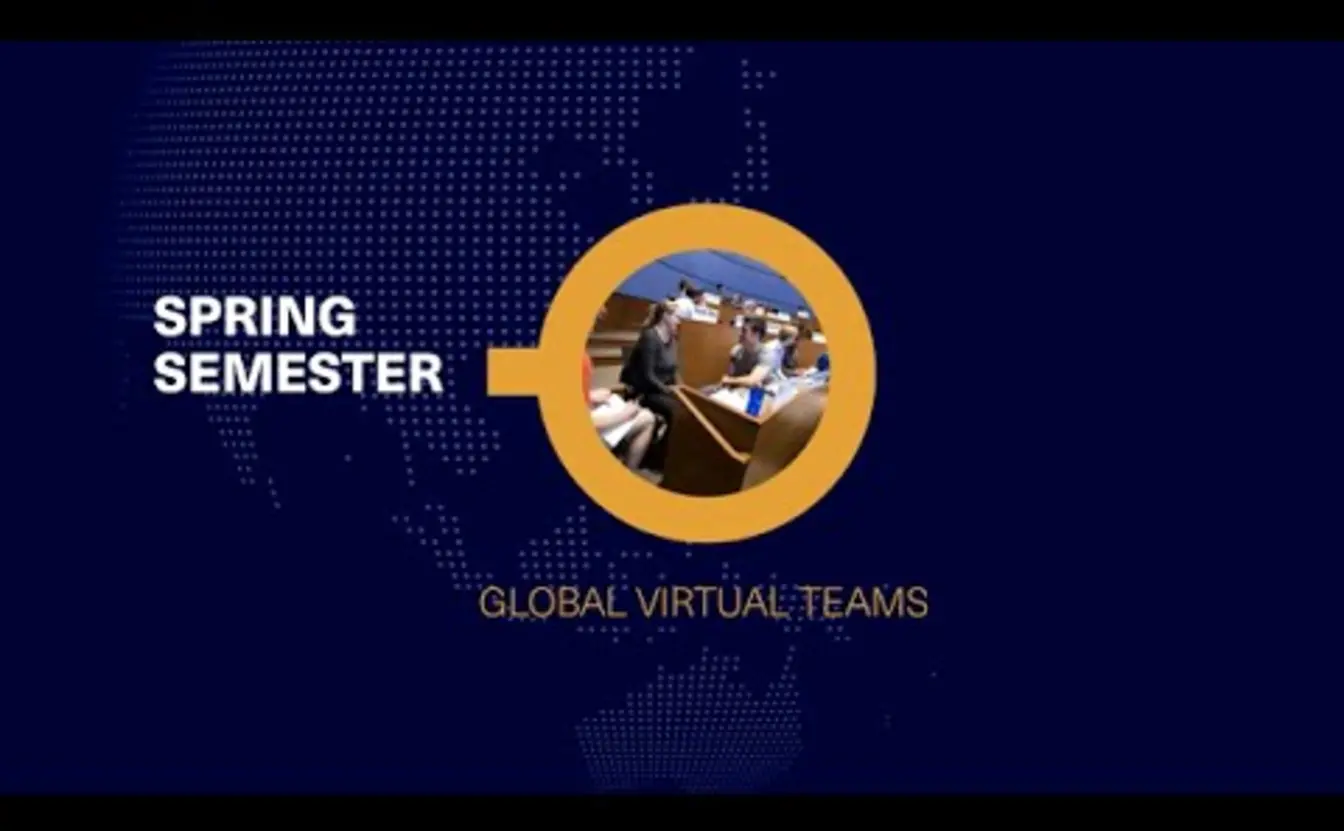
Yale SOM Introduces Global Virtual Teams Course
Students will develop the skills to work on teams spread across regions and countries, before working on a virtual team project with colleagues from schools in the Global Network for Advanced Management.
This year, Yale SOM will inaugurate a new core curriculum course, called Global Virtual Teams, that will introduce students to research on what makes global teams succeed or fail and help them develop the skills to work on projects with teams spread across regions and countries. The course will debut in January 2016 and is required for all MBA students starting with the first-year Class of 2017.
Global Virtual Teams will be taught on three consecutive days by Professors Victoria Brescoll, Heidi Brooks, Michael Kraus, and Amy Wrzesniewski. Students will then use the skills developed in the course as they work with colleagues from two schools in the Global Network for Advanced Management on a virtual team project in the Operations Engine course.

The course emerged in part from discussions that Professor Olav Sorenson, the director of the integrated MBA curriculum, had with students returning from their summer internships about the challenges that they faced working on global teams.
“It’s an area where there is a fair amount of academic research into how better to work in those teams and how better to manage those teams,” said Sorenson. “Our hope is that they will develop a set of skills for how to interact better with people who might be working from different cultures and different time zones, so when they go into real jobs they’ll be able to drop right in and be productive from day one.”
A course on global teams was an opportunity to bring together two strengths of Yale SOM, he said: its integrated MBA curriculum and its connection to the Global Network for Advanced Management. During the Operations Engine course, students will be teamed with colleagues from HEC Paris and Mexico’s EGADE Business School as they tackle Littlefield Technologies, a weeklong, real-time operations management simulation.
Our hope is that they will develop a set of skills for how to interact better with people who might be working from different cultures and different time zones.
Including an experiential element was key, said Professor Amy Wrzesniewski, who helped design the course. “The simulation will present students with the some of the same challenges that they’ll have when they are working in global teams in their jobs,” she said. For example, in order to succeed in managing a 24-hour process, students will have to be effective in working asynchronously. “One of the big problems global teams face is in how they hand off and coordinate information—when you’re not always working together in real time, you need to be sure the team has what it needs to execute without interruptions, questions, or delays.”
David Bach, Yale SOM’s senior associate dean for executive MBA and global programs, said that the development of the course showed how the Global Network has become a platform for innovation. “There is a real sense of entrepreneurial initiative shared by the schools as we leverage the Network to enhance the education of all of our MBA students,” he said.

